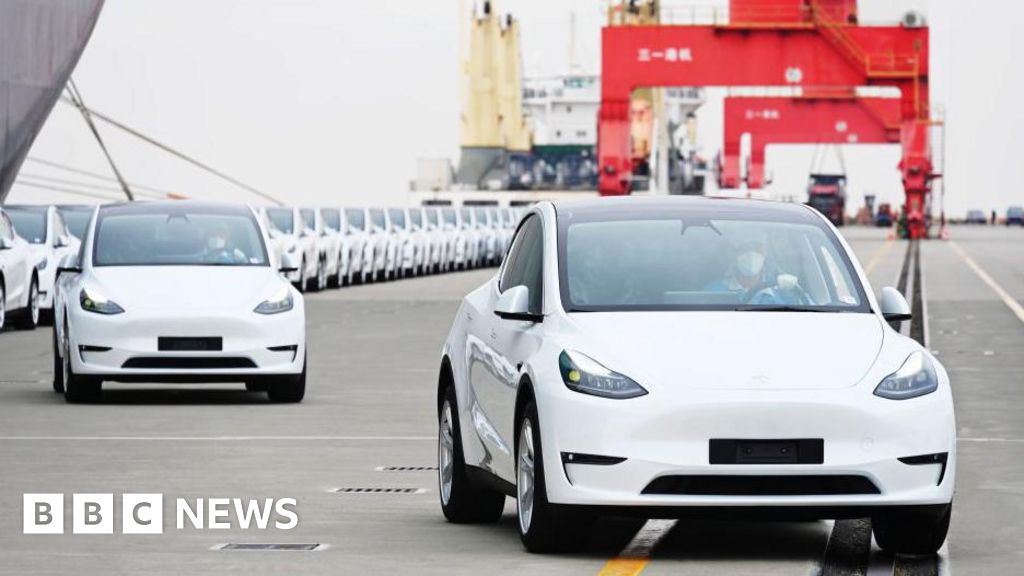
Canada said it would impose 100% tariffs on imports of Chinese-made electric vehicles following similar announcements from the United States and the European Union.
The country also plans to impose 25% tariffs on Chinese steel and aluminum.
Canada and its Western allies accuse China of subsidizing its electric vehicle industry, giving automakers an unfair advantage.
China has described the move as “trade protectionism” and “a violation of World Trade Organization rules.”
“We are working to transform Canada’s auto sector to become a global leader in building the vehicles of tomorrow, but players like China have chosen to give themselves an unfair advantage in the global marketplace,” said Canadian Prime Minister Justin Trudeau.
Canadian tariffs on Chinese electric vehicles are set to take effect on October 1, while tariffs on steel and aluminum will be implemented on October 15.
A spokesman for China’s Ministry of Commerce said Canada’s actions “seriously undermine the international economic order and economic and trade rules.”
“China urges the Canadian side to immediately correct its wrong practices,” they added.
China is Canada’s second largest trading partner after the United States.
In May, the United States announced it would quadruple its tariffs on Chinese electric vehicle imports to 100%.
This was followed by the European Union announcing plans to impose tariffs on electric cars manufactured in China of up to 36.3%.
Canadian tariffs on Chinese electric cars will include those made by Tesla at its Shanghai factory.
“Tesla will certainly be lobbying the Canadian government for some flexibility on these tariffs, as they have already done with Europe,” said Mark Rainford, a China-based auto industry commentator.
“If they fail to ease the tariffs sufficiently, they will likely consider shifting their Canadian imports to U.S. or European factories, since Canada is their sixth-largest market this year and therefore not unimportant.”
Tesla did not immediately respond to a request for comment from BBC News.
Earlier this month, the European Union cut planned additional tariffs on China-made Tesla cars by more than half, after further investigations requested by the Elon Musk-owned automaker.
Chinese car brands are still uncommon in Canada but some, such as BYD, have taken steps to enter the country’s market.
China is the world’s largest manufacturer of electric vehicles, and Chinese automakers have rapidly gained a significant share of the global market.
Meanwhile, Canada has struck billions of dollars in deals with major European automakers, as it tries to become a major part of the global electric vehicle industry..

“Web maven. Infuriatingly humble beer geek. Bacon fanatic. Typical creator. Music expert.”





More Stories
Dow Jones Futures: Microsoft, MetaEngs Outperform; Robinhood Dives, Cryptocurrency Plays Slip
Strategist explains why investors should buy Mag 7 ‘now’
Everyone gave Reddit an upvote